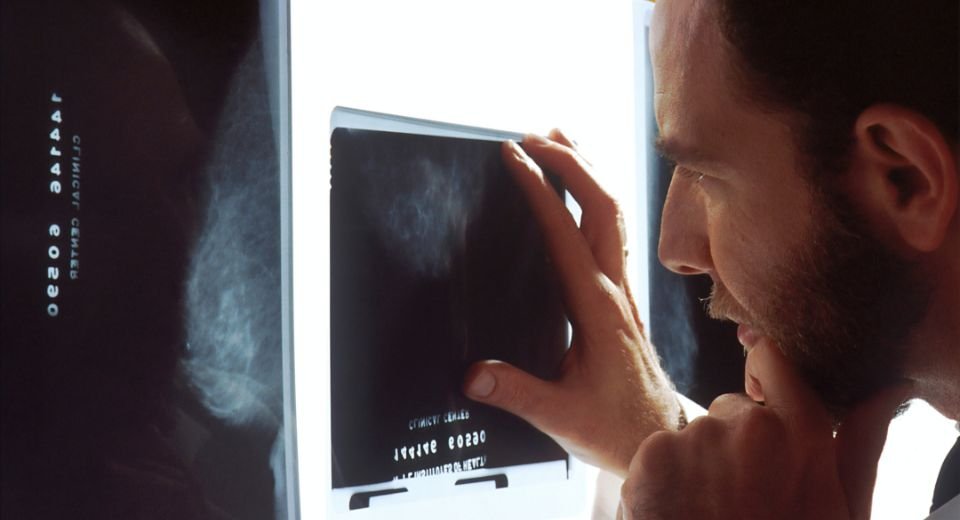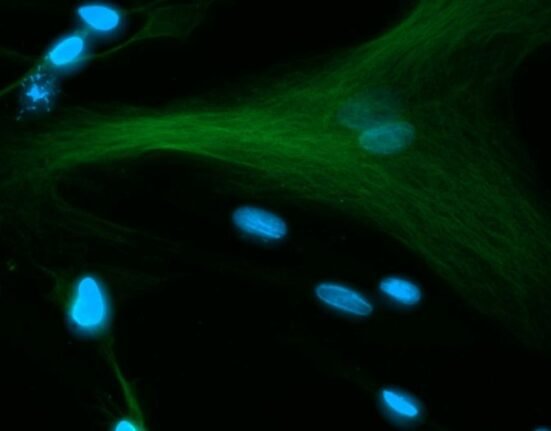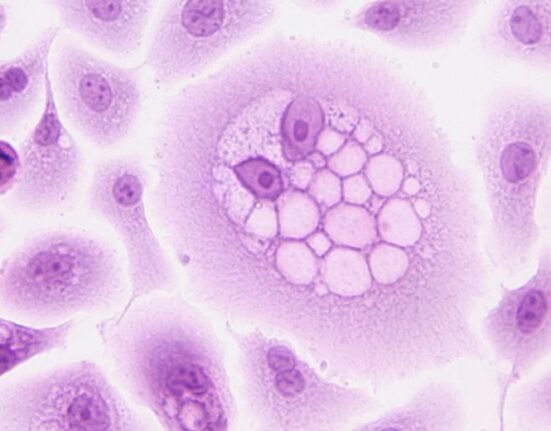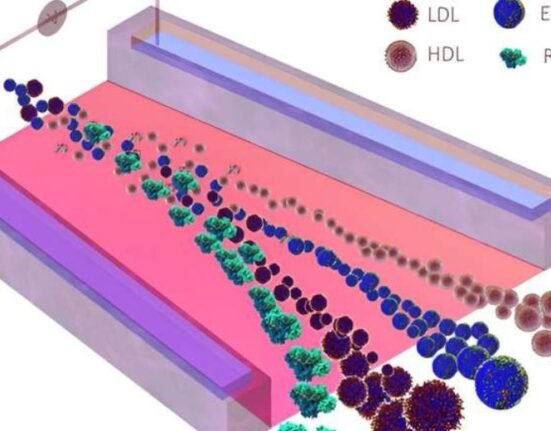HQ Team
June 3, 2023: A blood test accurately predicted two out of three cancers and their origins during a National Health Service experimental study, giving hopes of early detection.
The NHS conducted a new multi-cancer early detection test for more than 50 types of the disease in more than 5,461 people who had visited their general practitioner after developing symptoms.
“The test also correctly identified the original site of cancer in 85% of those cases,” according to a statement posted on the University of Oxford’s website.
Researchers in England and Wales were looking for a new blood test that could detect a range of cancers. Earlier research in America had been promising. But it needed further testing in larger trials.
Abnormal DNA
GRAIL Bio UK Ltd makes the Galleri blood test. It is not available in the UK outside of a clinical trial. The NHS Galleri screening trial tested people who do not have cancer but with possible symptoms.
The researchers tested abnormal DNA in the blood. The cells in our body release DNA that circulates in the blood. There are differences in the DNA of healthy cells and cancerous cells.
The test focused on picking up these differences. Your blood is tested for signals that might mean you have cancer.
“The high overall specificity, positive predictive value, and accuracy of the cancer signal detected and cancer signal origin prediction” indicated early success.
This “indicates that a positive multiple-early cancer detection test could be used to confirm that symptomatic patients should be evaluated for cancer before pursuing other diagnoses,” according to the statement.
Blood sample
The study enrolled 6,238 patients, aged 18 and older, in England and Wales who were referred for urgent imaging, endoscopy, or other diagnostic procedures.
Researchers honed in on 5,461 of the patients, suspicious for possible gynaecological, lung, lower GI, or upper GI cancer, or who had presented with non-specific symptoms.
Participants provided a blood sample, from which DNA was isolated and tested.
The most commonly reported symptoms leading to referral were unexpected weight loss, change in bowel habits, post-menopausal bleeding, rectal bleeding, abdominal pain, difficulty swallowing, and anemia.
‘Earlier cancer detection and subsequent intervention have the potential to greatly improve patient outcomes,” said Brian D. Nicholson, Associate Professor at Oxford’s Nuffield Department of Primary Care Health Sciences.
‘Multiple potential causes’
“Most patients diagnosed with cancer first see a primary care physician for the investigation of symptoms suggestive of cancer, like weight loss, anaemia, or abdominal pain, which can be complex as there are multiple potential causes.
“New tools that can both expedite cancer diagnosis and potentially avoid invasive and costly investigations are needed to more accurately triage patients who present with non-specific cancer symptoms,’ said Mr Brian, co-lead investigator of the study.
The Galleri test detected a cancer signal in 323 people, 244 of whom cancer was diagnosed, resulting in a positive predictive value of 75.5%, negative predictive value of 97.6%, and specificity of 98.4%.
The overall sensitivity of the test was 66.3%, ranging from 24.2% in stage I cancers to 95.3% in stage IV.
It increased with age and later cancer stage. The overall accuracy after a positive Galleri test was 85.2%.
Cancer is a leading cause of death worldwide, accounting for nearly 10 million deaths in 2020, or nearly one in six deaths. The most common cancers are breast, lung, colon and rectum, and prostate cancers, according to the WHO.








